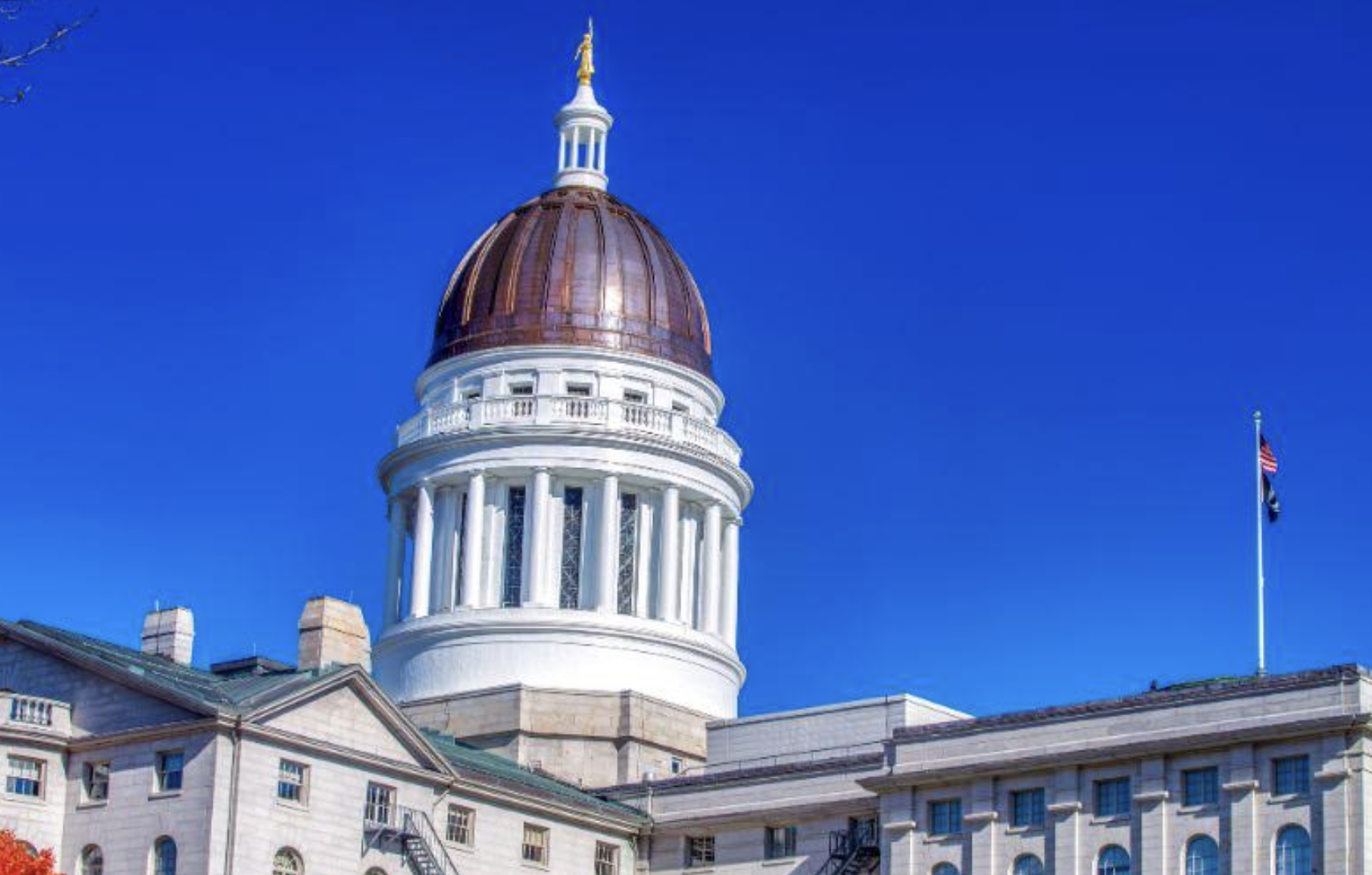
- Details
- By Elyse Wild
The Maine legislature is once again considering a bill that would restore the sovereignty of Maine’s Indigenous tribes.
House Speaker Rachel Talbot Ross (D-Portland) introduced bill L.D. 2007 on Monday to the state’s Judiciary Committee. The 41-page bill proposes implementing recommendations from a 2020 task force report that called for updating the Maine Indian Claims Settlement Act of 1980.
“(This bill) covers many issues and represents a significant change from current law,” House Speaker Rachel Talbot Ross, D-Portland, told the Judiciary Committee during a public hearing on her bill. “Given this, I do not expect all its provisions to be enacted into law during this short session. However … I believe it is important to present a bill that sets forth all the remaining issues that need to be addressed, even if we only address a couple of issues each session.”
The bill is the third tribal sovereignty to be introduced in the Maine legislature in recent years. In 2023, Governor Janet Mills vetoed a bill that would have extended federal benefits to Maine tribes. In 2022, a tribal sovereignty bill died on the appropriations table.
The Maine Indian Claims Settlement Act of 1980 limits tribal authority and excludes Maine tribes from new federal laws unless specifically directed by Congress. The state’s tribes— known collectively as the Wabanaki Nation— are currently excluded from more than 150 federal Indian Laws.
A 2022 study on the economic implications of limited tribal sovereignty in Maine, conducted by a team of researchers from the Harvard Kennedy School, concluded the Maine Indian Claims Settlement Act has severely hampered economic development for the Wabanaki Nations and the surrounding non-tribal rural areas. According to the study, since 1989, per capita income among Maine tribes has grown just 9 percent, far behind the 61 percent per capita growth among the rest of Indian Country.
Restoring Wabanaki sovereignty has wide support across the state.
The proposed bill has drawn more than 600 pieces of written testimony, the vast majority in support.
Jerry Reid, Chief Legal Council for Mills, submitted written testimony opposing the bill, citing that as written, it would “lead to serious confusion and conflict.”
Penobscot Nation Tribal Ambassador and Wabanaki Alliance board President Maulian Bryant was among those who submitted written testimony to the judiciary committee in support of the bill.
“It is time to heal old wounds and lift up some of the most marginalized and oppressed people in Maine, but also some of the strongest and spirited,” Bryant wrote. “We have come back to this table in good faith and because of the findings of the bipartisan, bicameral Task Force, which studied and came to the conclusion that the best thing for all of Maine’s people is to modernize these old archaic settlement acts.”
More Stories Like This
NCAI Passes Two Emergency Resolutions on Immigration Enforcement ActivitiesChickasaw Lighthorse Police Officer named Indian Country Law Enforcement Officer of the Year
Indian Gaming Association Rallies Broad Coalition Against Sports Event Contracts It Calls Illegal Threat to Tribal Sovereignty
Navajo Resources and Development Committee Issues Notice on Livestock Inspection Requirements
American Prairie, Tribal Coalition Files Protest Over Rescinded Grazing Rights
Help us defend tribal sovereignty.
At Native News Online, our mission is rooted in telling the stories that strengthen sovereignty and uplift Indigenous voices — not just at year’s end, but every single day.
Because of your generosity last year, we were able to keep our reporters on the ground in tribal communities, at national gatherings and in the halls of Congress — covering the issues that matter most to Indian Country: sovereignty, culture, education, health and economic opportunity.
That support sustained us through a tough year in 2025. Now, as we look to the year ahead, we need your help right now to ensure warrior journalism remains strong — reporting that defends tribal sovereignty, amplifies Native truth, and holds power accountable.
 The stakes couldn't be higher. Your support keeps Native voices heard, Native stories told and Native sovereignty defended.
The stakes couldn't be higher. Your support keeps Native voices heard, Native stories told and Native sovereignty defended.
Stand with Warrior Journalism today.
Levi Rickert (Potawatomi), Editor & Publisher


